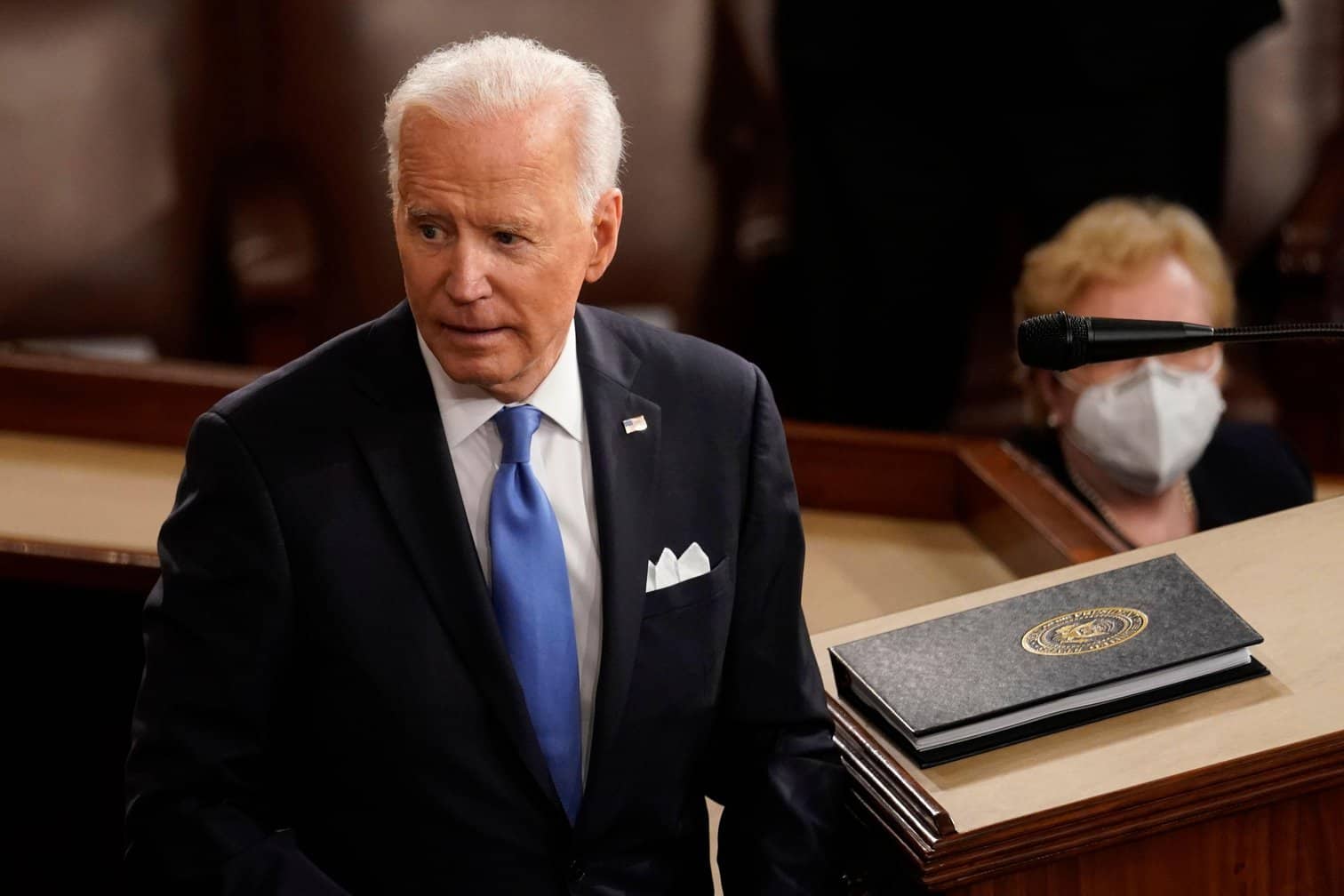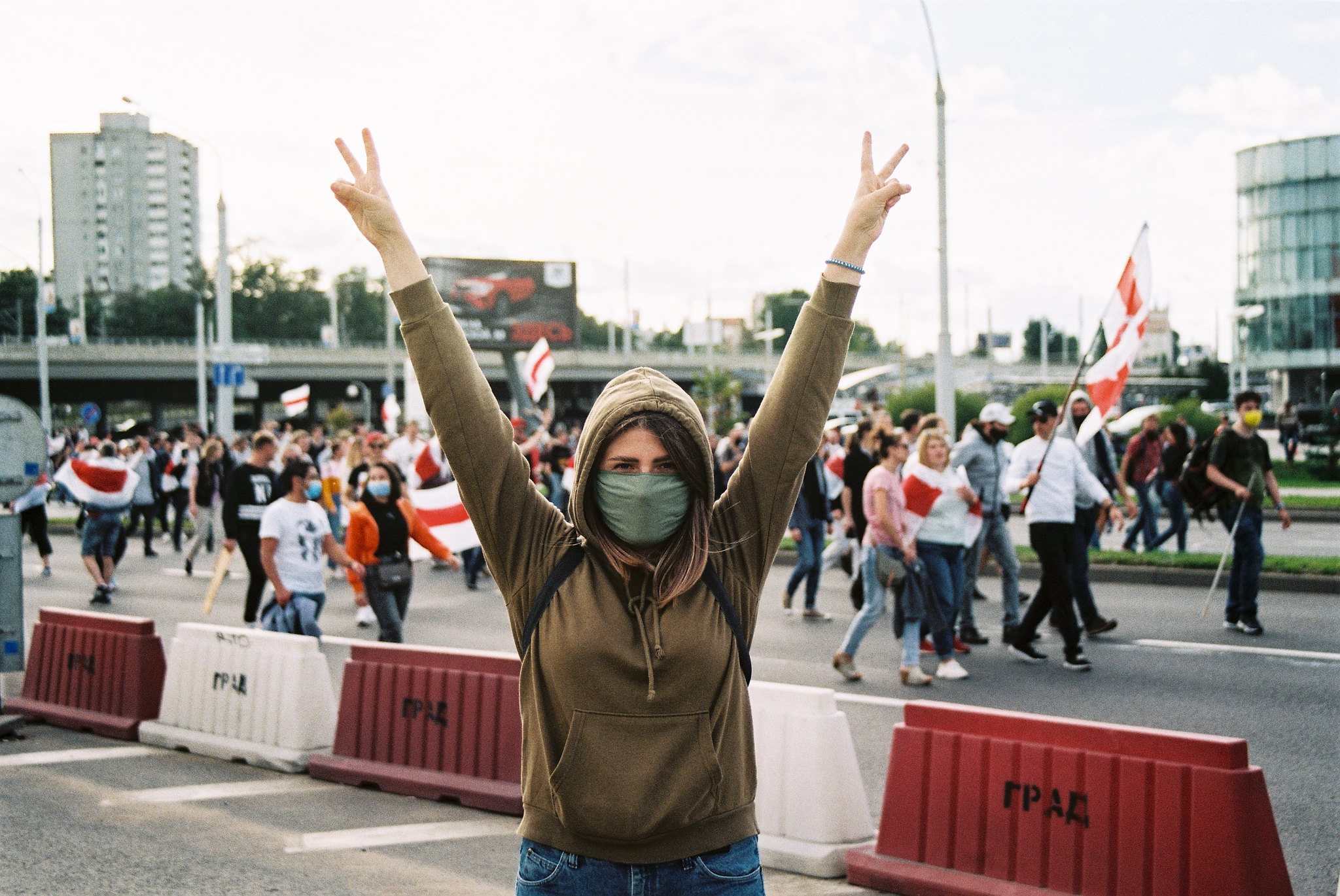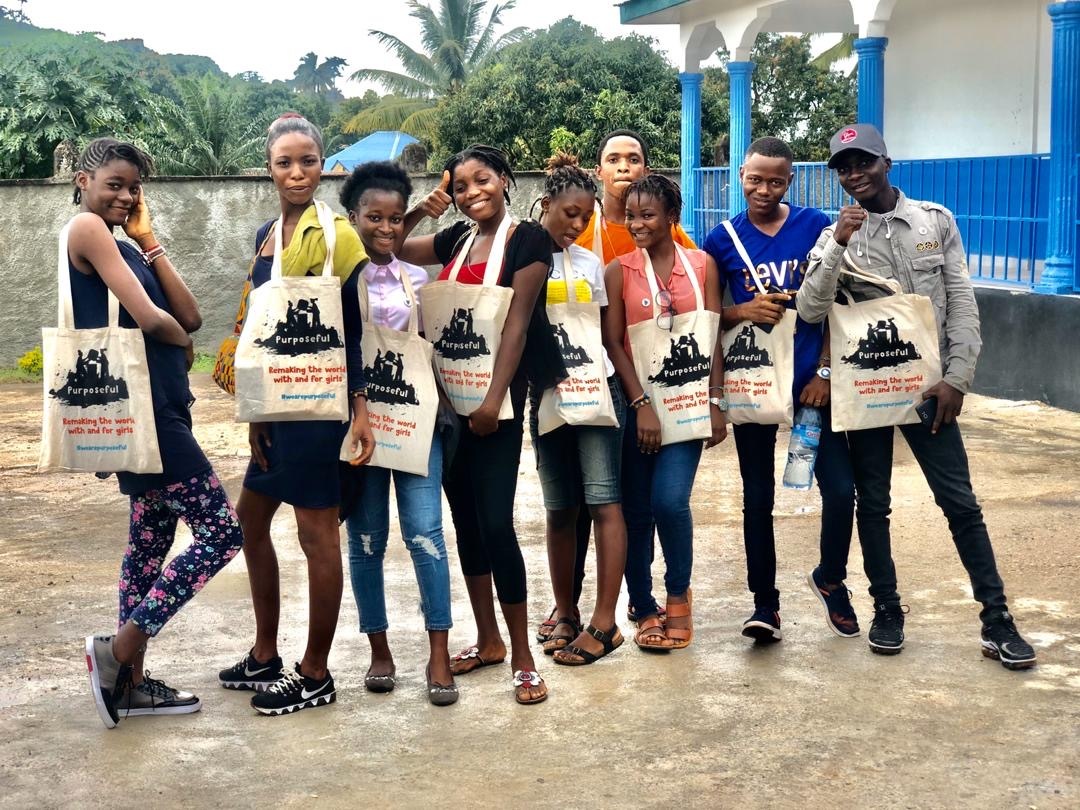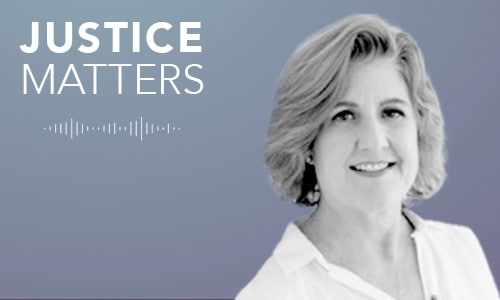This article was published more than 4 years ago.
Over the last year, we’ve experienced unprecedented shifts in the human rights and philanthropy landscape. From the cascading effects of COVID-19 to a global reckoning with the living legacy of systemic racism, one thing is clear: the world has been changed forever.
In six articles (and one podcast), Fund leadership and staff explore how recent events have transformed human rights and philanthropy—and why we believe, more than ever, that grassroots community activists are key to a just, sustainable future.
COVID-19 Has Changed Philanthropy Forever
As COVID-19 spread across the world, private foundations stepped up to help resource the response. But philanthropy shouldn’t be necessary to meet basic needs or fill gaps in government services.
Vice President for Programs David Mattingly argues that it’s time for organizations like the Fund to reexamine our role in the philanthropic sector and transform the way that charity works. Making bold changes today will ensure that power rests where it belongs: in the hands of activists and movements.

When Authoritarians Get a Free Pass, Activists Pay the Price
When U.S. President Joe Biden declined to sanction Saudi Crown Prince Mohammed bin Salman for his role in the brutal 2018 murder of Saudi journalist Jamal Khashoggi, pundits warned there would be political consequences. But the real price of authoritarian impunity, says Fund President and CEO Regan Ralph, is paid by the victims—courageous individuals who risk their lives to stand up for democratic values.
Regan argues that powerful governments like the United States must stand up to autocratic bullies and hold them accountable for their heinous actions. The lives of countless brave activists may depend on it.

What Does Feminist Funding Really Look Like
Supporting women and girls has become a mantra in global development. But the vast majority of international aid completely misses the mark. How can funders do more to support feminist movements?
Fund Program Officer Patrick Pierce—along with co-authors Lisa Houston, Ginger Norwood, and Rebecca Wolsak—explain how applying a feminist lens can enable funders to address the root causes of inequality, act in solidarity with marginalized groups, and empower truly intersectional human rights movements.

Taking to the Streets: How Will Social Movements Change Human Rights Advocacy?
From Minsk and Lagos to Minneapolis and Baltimore, mass social movements are shaking the status quo and creating political reform. Some long-time human rights activists, however, fear that the visibility and success of mass movements could sideline other effective forms of advocacy. The smart move, says Regan Ralph, is to figure out how to bring these forces together. Here are three ways to forge better collaboration between the power of movements and their human rights allies.

Putting Words Into Action: Personal Reflections on Supporting Narrative Change
For years, would-be populists and authoritarians have peddled doom and gloom, preying upon people’s fears to control messaging around human rights. Now, activists are challenging that narrative by instilling hopeful themes of culture, community, and cooperation into their work—and embodying a new kind of human rights story.
Fund Program Officer James Savage has been working with four nontraditional human rights groups to help them explore the value, tools, and tactics of successful narrative-building. In a personal essay, James reflects on what he’s learned so far—and how human rights funders can better align our principles with our practice.

Fund 101: Intro to Participatory Grant-Making
One of the most exciting new trends in philanthropy is participatory grant-making—a novel way to cede power by empowering affected communities to decide who and what gets funded. Fresh off the Fund’s pilot participatory grant-making initiative in Sierra Leone with local partners Purposeful, Fund Program Officer John Kabia explains everything you need to know about how participatory grant-making works, who it benefits, and why it’s an essential step toward making philanthropy more diverse, equitable, and inclusive.

Leadership, Support, and Activism in the Human Rights Arena
Regan Ralph, who has directed the Fund since its creation in 2002, knows a thing or two about the challenges, triumphs, and complexities of leading an international human rights organization. On an episode of the Justice Matters podcast from Harvard’s Carr Center for Human Rights, Regan joins host Sushma Raman to discuss leadership and the role of philanthropy in the human rights arena
